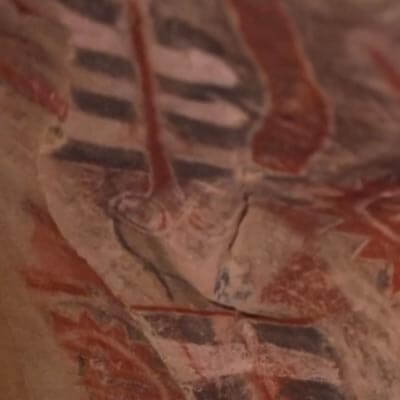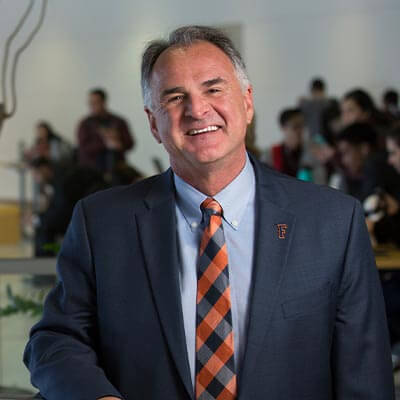A Family on Campus
Mehtaab and Azaad, who are a year apart, hail from Fresno, where their parents instilled in them the importance of higher education and their Indian American heritage. The siblings faced racism in their youth and wanted a college campus where they would feel safe, thrive, make new friends and reach their academic goals.
“To have such a motivated group of men around you, makes you want to be the best version of yourself.”
- Mehtaab Brar, biological science major
The brothers sought out Cal State Fullerton because of its diverse population, science program and linkage to Lake Erie College of Osteopathic Medicine in Pennsylvania, where they hope to attend medical school. Mehtaab is an aspiring plastic surgeon. Azaad is planning a career either in neurology or dermatology.
“I have always loved to help people and improve their quality of life, whether it was helping seniors at a nursing home or learning about their life over Zoom,” Mehtaab says.





